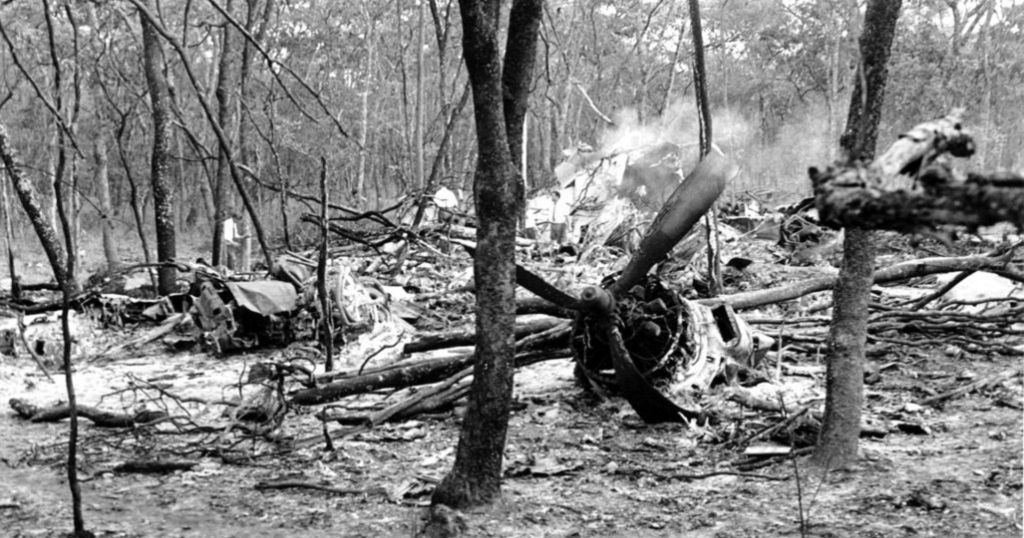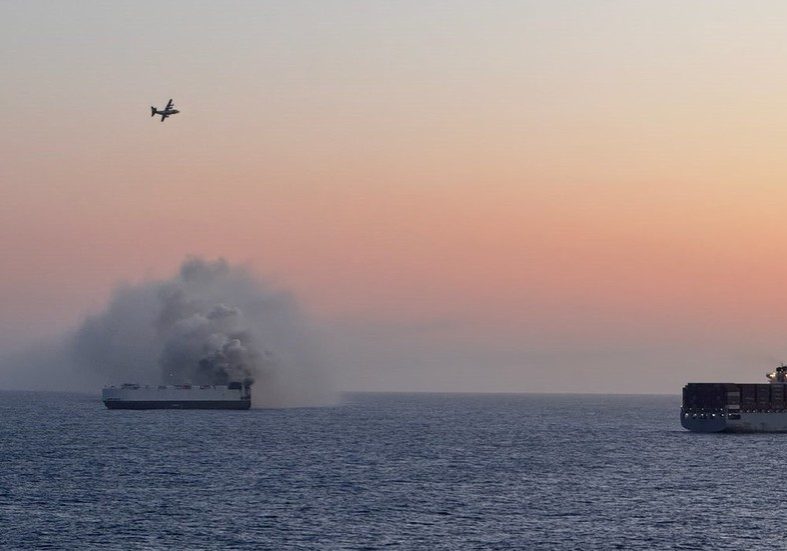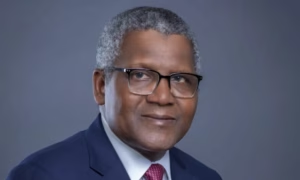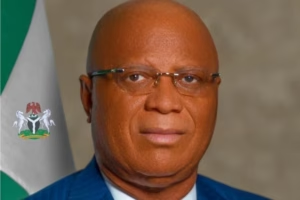UN Probe Reveals New Information on 1961 Plane Crash that Killed Secretary-General Dag Hammarskjöld
A recent United Nations assessment has shed new light on one of the most enduring mysteries in the organization’s history: the 1961 plane crash that killed Secretary-General Dag Hammarskjöld and all others on board. The new report, released on Friday, suggests that crucial information about the crash is still being withheld by several member states.
According to Farhan Haq, Deputy Spokesperson for the UN Secretary-General, “The Secretary-General has sent the report from the Eminent Person, former Chief Justice of Tanzania, Mr. Mohamed Chande Othman, to the President of the General Assembly.” The report indicates that it is plausible that an external attack or threat contributed to the crash, with other possible explanations including sabotage or unintentional human error.
Dag Hammarskjöld, a Swedish diplomat and reformer, was appointed as the youngest UN Secretary-General at 47. During his tenure, he played a vital role in enhancing the UN’s influence, particularly during the decolonization movements in Africa and Asia. Hammarskjöld’s leadership was instrumental in navigating the chaotic events of 1956, including the Suez crisis and the withdrawal of foreign troops from Egypt. He also received the Nobel Peace Prize for his efforts in transforming the UN into a dynamic and effective international organization.
The plane crash occurred on the night of September 17-18, 1961, while Hammarskjöld was en route to negotiate a ceasefire between UN peacekeepers and separatists in the Congolese region of Katanga. The Douglas DC6 aircraft, registered as SE-BDY, crashed near Ndola in Northern Rhodesia (now Zambia), resulting in the deaths of 15 passengers on impact. The sole survivor succumbed to injuries a few days later. An initial inquiry by Rhodesian authorities attributed the crash to pilot error, but the finding was disputed.
Haq added that “The Secretary-General highlights that the Eminent Person is almost certain that important, yet undisclosed, information is held in the archives of Member States.” The UN Secretary-General is urging all parties to reaffirm their commitment to uncovering the complete truth about the events of that tragic night in 1961.
The new assessment provides a significant step forward in the quest for truth and accountability surrounding the plane crash. However, the fact that crucial information is still being withheld by member states underscores the need for continued investigation and transparency. As the UN continues to grapple with the mysteries of the past, it is clear that the organization remains committed to uncovering the truth and honoring the legacy of Dag Hammarskjöld.









